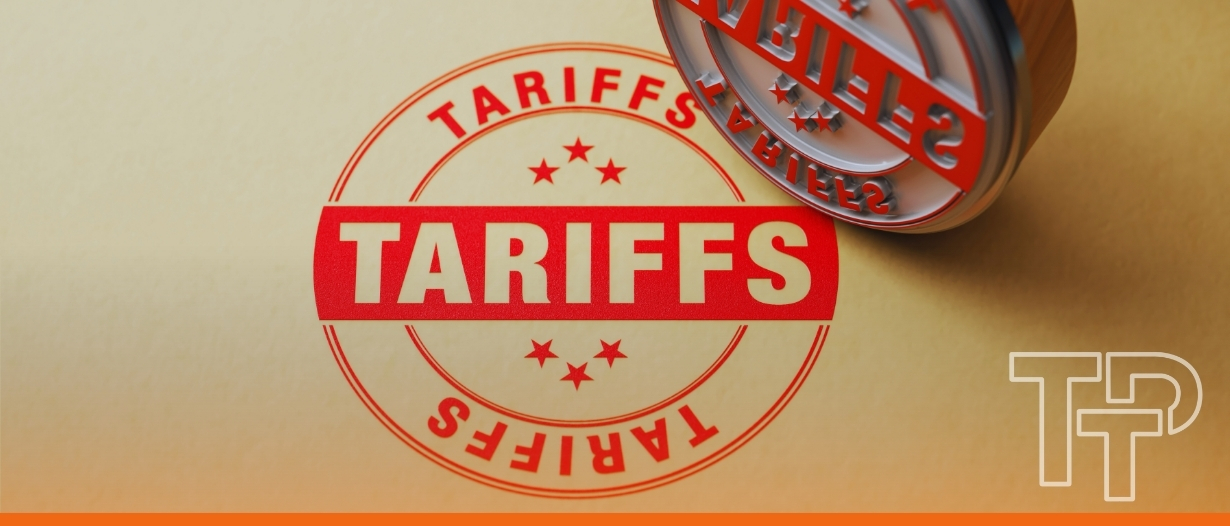Canadian consumer confidence plunges amid US tariff concerns
Carter Hoffman
Apr 08, 2025
 Carter Hoffman
Apr 08, 2025
Carter Hoffman
Apr 08, 2025

US President Donald Trump has said that the delayed US tariffs on Canadian and Mexican imports will take effect next week, following the expiration of the month-long pause announced earlier this year.
“The tariffs are going forward on time, on schedule,” Trump said during a White House press conference when questioned about the potential reinstatement of the duties. He reiterated his long-standing position that the US has been taken advantage of in trade, insisting that the tariff measures are necessary to level the playing field.
Trump originally signed executive orders on 1 February imposing a 25% tariff on imports from Mexico and Canada and a 10% duty on Canadian energy products. However, he temporarily halted their implementation on 3 February after securing commitments from Mexican President Claudia Sheinbaum and Canadian Prime Minister Justin Trudeau to enhance border security and anti-smuggling efforts.
With the 30-day pause nearing its end, Trump signalled that negotiations with Mexico had not yielded the desired outcomes, and a final trade arrangement with Canada had yet to be reached. As a result, the administration intends to proceed with the tariffs as initially planned.
Trump has long touted tariffs as both an economic strategy and a negotiation tool, arguing that they provide leverage in securing better trade terms for the US. He characterised the current measures as a necessary step to reclaim what he describes as lost economic ground. He added, “We’re going to make up a lot of territory.”
However, the decision has sparked renewed concerns over potential economic fallout. Business groups in the US warn that higher import costs could disrupt supply chains and increase prices for American consumers. Key sectors, including automotive, agriculture, and energy, are particularly vulnerable to price fluctuations stemming from the tariffs.
Both Canada and Mexico have indicated they are prepared to respond with countermeasures should the US proceed with its tariffs. Before the initial pause, both governments had announced plans for retaliatory tariffs targeting American exports, and trade officials in Ottawa and Mexico City have hinted that those plans remain on standby.
Trudeau, speaking in Montreal earlier this week, expressed disappointment in Trump’s decision. “If ever there are tariffs brought in Canada, our response will be immediate and strong, but we don’t want that. We are going to do the work to make sure they don’t come on,” he said.
Similarly, Sheinbaum emphasised that Mexico had fulfilled its commitments under the initial agreement and criticised the US move as counterproductive to the spirit of regional cooperation.
The tariff escalation threatens to reignite trade tensions between the three North American economies at a time when they had been working to stabilise economic relations under the United States-Mexico-Canada Agreement (USMCA). Experts suggest that the move could undermine confidence in the agreement and prompt businesses to reevaluate cross-border investments.
With the tariffs set to take effect on 4 March, businesses, policymakers, and consumers are bracing for the potential economic repercussions. Whether this latest round of trade measures leads to a new negotiation breakthrough or a full-scale trade dispute remains to be seen.
Trade Treasury Payments is the trading name of Trade & Transaction Finance Media Services Ltd (company number: 16228111), incorporated in England and Wales, at 34-35 Clarges St, London W1J 7EJ. TTP is registered as a Data Controller under the ICO: ZB882947. VAT Number: 485 4500 78.
© 2025 Trade Treasury Payments. All Rights Reserved.